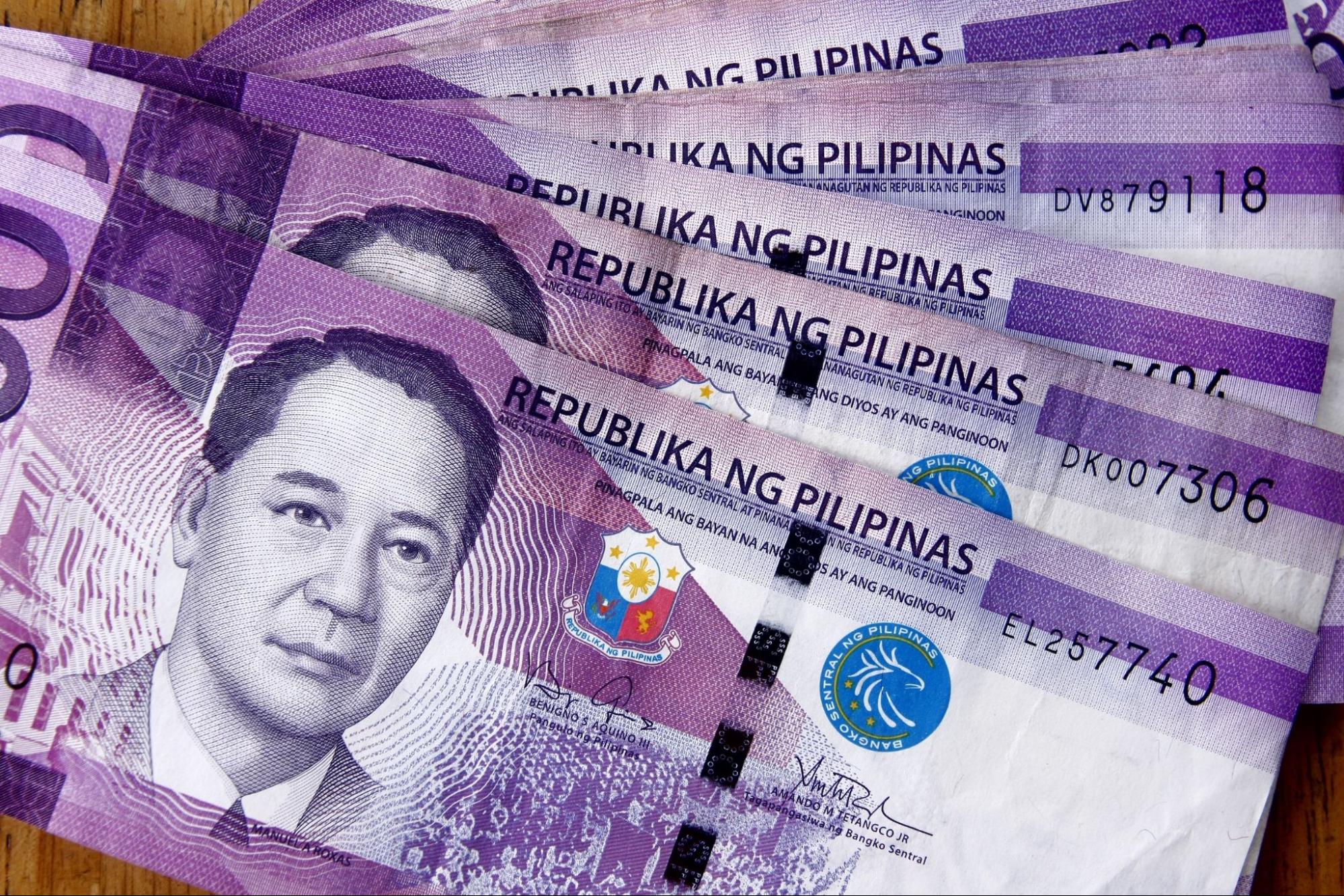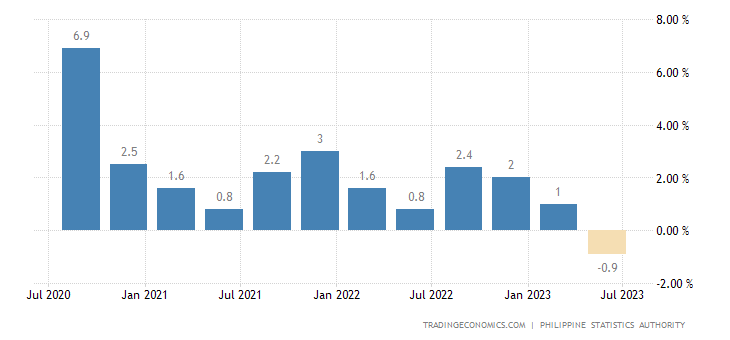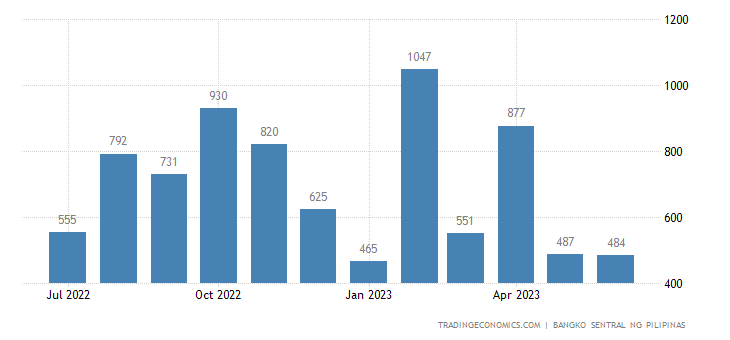The Philippines, often recognized as a hub for outsourcing, is increasingly becoming an attractive destination for foreign investments.

With a rapidly growing economy, a youthful and well-educated workforce, and recent legislative changes that favor foreign investment, the Philippines offers numerous opportunities for investors. Certainly, if you plan to visit the Philippines, securing a Philippines visa is a mandatory requirement.
The type of visa you'll need will be determined by various factors, including your nationality, the purpose of your visit (e.g., tourism, business), and the length of your intended stay.
Economic Overview

- Strong Economic Growth: Despite global economic challenges, the Philippines is forecasted to achieve an annual economic growth rate of 4% or higher in the coming years.
- Young Workforce: With a median age of 26, the Philippines boasts a young and skilled labor force of over 110 million people.
- Government Goals: President Ferdinand Marcos Jr. has set ambitious goals to elevate the Philippines to upper-middle-income status by 2024, supported by significant remittances from Filipinos working abroad.
- Industrial Strengths: The country is the world's second-largest center for business process outsourcing (BPO) and excels in manufacturing electronics and technology components. It also possesses valuable natural resources like chromite, nickel, and copper.
Foreign Investment Opportunities

Legislative Changes
Recent legislative changes have made it easier and more rewarding for foreign investors in the Philippines:
- Ownership: Foreign investors can now own 100% of their ventures in critical sectors, including infrastructure, such as telecoms, airports, seaports, rail, and renewable energy projects.
- ASEAN Membership: As a member state of the Association of Southeast Asian Nations (ASEAN), the Philippines is part of a region with a combined GDP of USD 3.3 trillion, offering significant market access.
Promising Sectors
Several sectors in the Philippines hold strong growth potential for investors:
- Renewable Energy: Given its archipelagic nature and high energy costs, the Philippines presents a prime opportunity for renewable energy projects, attracting European investors with expertise in this field.
- Ecommerce: The e-commerce sector, with a focus on intra-Asia expansion, is thriving. Companies like Food Panda, owned by Delivery Hero, have successfully expanded their services in the region.
- Electric Vehicles (EVs) and Battery Manufacture: The country's electronic manufacturing capabilities and sustainability goals make it a favorable location for EV and battery production.
- Business Process Outsourcing (BPO): The Philippines remains a key player in BPO, with the US as a major investor, leveraging its English-speaking, well-educated workforce.
Challenges for Investors
While the Philippines offers promising investment opportunities, investors should be aware of certain challenges:
- Regulatory Barriers: Historically, foreign companies faced ownership restrictions and operational obstacles. However, recent government efforts are addressing these issues.
- Infrastructure: Although the government has embarked on an infrastructure-spending plan, more investments are needed to address infrastructure gaps.
- Geopolitical Risks: Political instability and corruption can pose challenges to foreign investors.
Ease of Doing Business
The Philippines has made efforts to improve its business environment:
- EODB Law: The Ease of Doing Business and Efficient Government Service Delivery Act aims to reduce bureaucracy and corruption.
- TRAIN Law: The Tax Reform for Acceleration and Inclusion Act simplifies tax processes for individuals and businesses.
- CREATE Law: The Comprehensive Recovery and Tax Incentives for Enterprises Law provides stimulus measures for businesses recovering from the impact of COVID-19.
Investment Options
Investors have several options for entering the Philippine market:
- Exchange-Traded Funds (ETFs): Investing in ETFs provides diversification and is accessible through regular brokers.
- Starting a Business: Foreigners can start businesses in various sectors, subject to ownership restrictions outlined in the Foreign Investments Act.
- Business Process Outsourcing (BPO): Outsourcing projects or departments to the Philippines is a viable option for businesses looking to benefit from the skilled workforce.
In conclusion, the Philippines offers a promising investment landscape with its growing economy, legislative changes favoring foreign investors, and opportunities in renewable energy, ecommerce, EVs, and BPO.
While challenges exist, improvements in the business environment are underway, making the Philippines an attractive destination for both foreign and local investors. Partnering with a bank like HSBC with expertise in international subsidiary banking can further streamline financial operations and support successful market entry.
To obtain a Philippines eVisa
- Step1: Complete the online application by providing your passport details.
- Step2: Submit payment online using a credit card.
- Step3: Monitor your email for confirmation of payment and receipt of your eVisa, which will be sent electronically.
